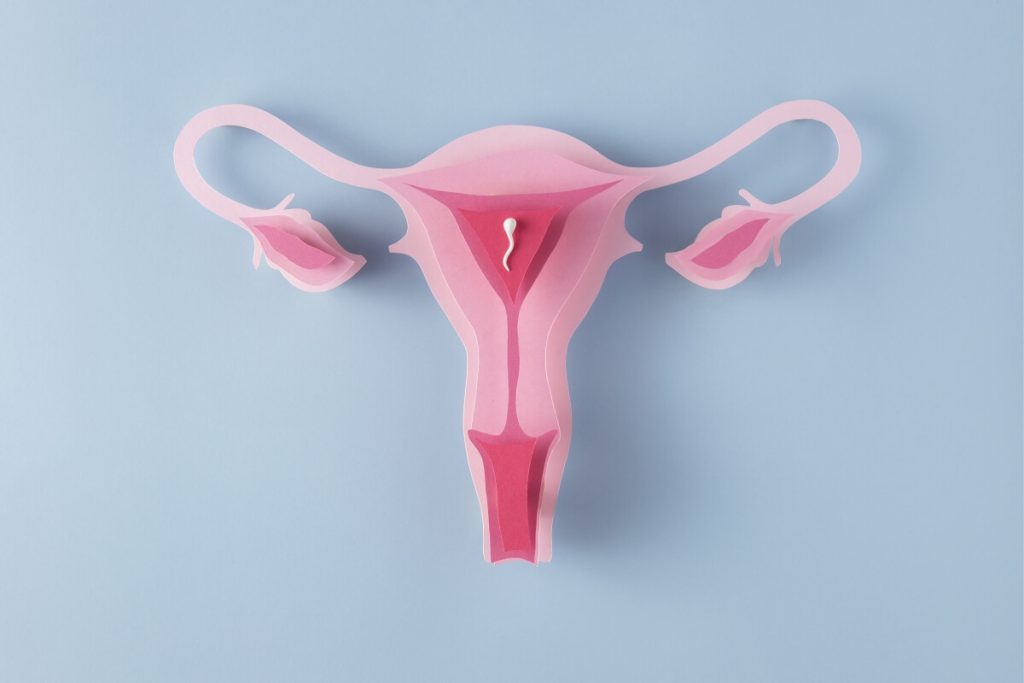C-C-C…We often hesitate to bring this word into conversations, or stumble before discussing it in our daily lives without realizing that it can actually save lives. How, you might ask?
Well, contraception, after all, involves the measures used for preventing unintended pregnancies, which contribute to better reproductive health, mental health, safe and protected sex and family planning. Not to mention, it drastically reduces the risk of maternal and newborn mortality rates.
So, by the looks of things, contraceptives should be openly discussed, openly available, and further, openly accepted, right? However, lack of information or communication regarding its benefits, uses, and implications is the major reason for the air of confusion that surrounds this topic. While the air may not clear immediately (there is still a long way to go), what we can do in the meantime is debunk some myths that have been attached to the concept of contraception for the longest time.
It’s time to dig out the real facts:
Myth 1: Birth control affects fertility

Fact:
There is no proof that hormonal contraceptives have an impact on fertility.
However, following the use of hormonal birth control, such as IUDs, the pill, the patch, and the implant, there is a possibility that a person’s menstrual cycle may take a few months to return to normal.
Myth 2: Sex during or right after your period does not lead to pregnancy

Fact:
Although ovulation typically occurs 14 days after the last day of menstruation for most women, this is not always the case – there is always the prospect of finding yourself pregnant if you engage in unprotected sex. Additionally, sperm can survive for several days following sex, so it is advisable to use a condom along with whatever birth control measures you are on whenever possible.
Myth 3: Contraceptive pills cause cancer.

Fact:
There is no evidence that contraceptive oral pills cause cancer. In fact, it has been found that some forms of birth control, such as the patch, ring, and IUD, lower the risk of ovarian and uterine cancer.
Myth 4: The condom is the best contraceptive measure

Fact:
Although many young women find that birth control pills and condoms are effective forms of protection, the use of methods like intrauterine devices (IUDs) and implants is recommended. However, the choice of using a particular contraceptive completely depends on one’s objectives, comfort, and preference; with that being said, one should also seek the doctor’s consultation before going ahead with the final choice. Tap here to navigate your way through the types and make an informed decision regarding the right kind of contraception.
Myth 5: Contraception can prevent STIs

Fact:
Contraceptives like oral pills and sterilization have no role in preventing infections; while measures like condoms may reduce the possibility of contracting STIs, they are still not foolproof. The bottom line is, there is no safe way to engage in sexual activity with someone you know who has a STI. STIs can still be transmitted during sex even with hormonal birth control, permanent sterilization, fertility awareness, IUDs, and other measures. Do not take any chances and visit your doctor immediately in case you feel you have contracted any STI.
When it comes to sex, contraceptives can help relieve a lot of anxiety as they can help you enjoy the moment without worrying about the risks of pregnancy. The trick is to work out the best kind with your doctor!







